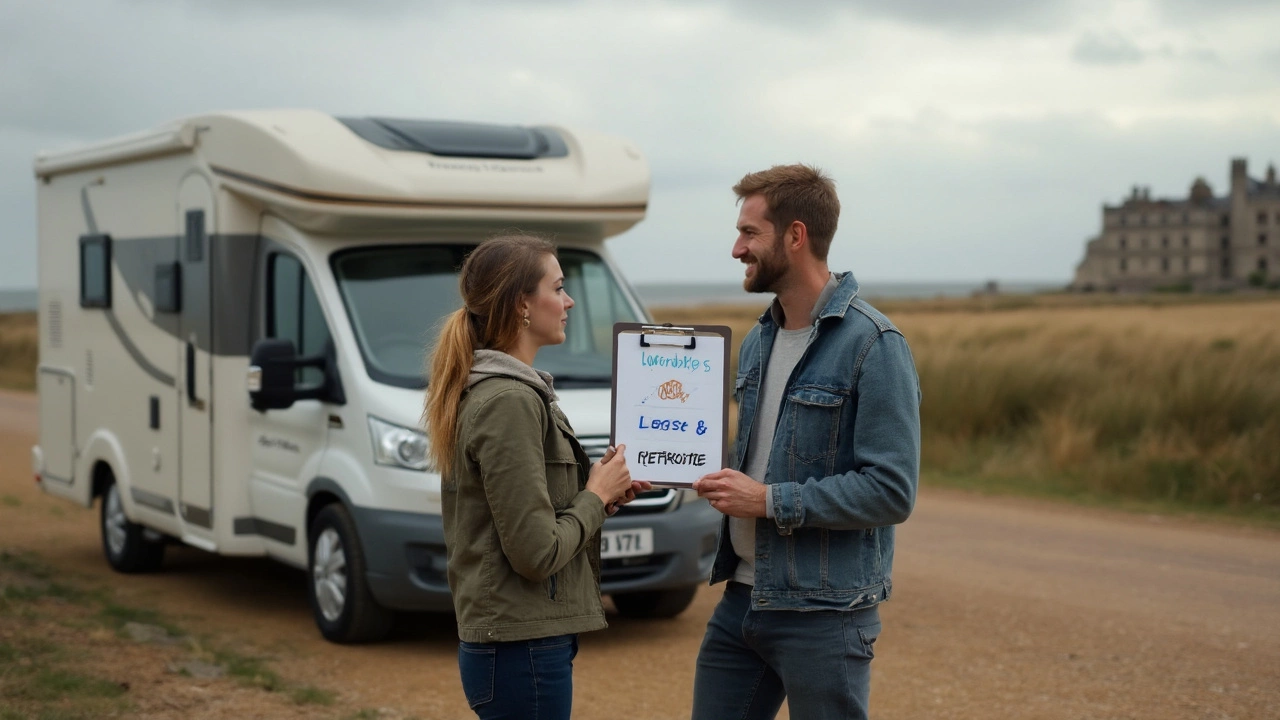RV Real Estate: Your Quick Guide to Buying, Selling and Living in a Motorhome
If you’re scrolling through listings and wonder whether an RV can be more than a holiday toy, you’re in the right place. Motorhomes are turning into full‑time homes, weekend getaways, and even investment assets. This tag page gathers the most useful articles to help you decide if an RV fits your lifestyle and budget.
Why RV Real Estate Matters
Owning a motorhome gives you freedom to chase new scenery without paying rent or a mortgage each month. It can also hold resale value if you pick the right model, size, and features. Unlike a conventional house, an RV moves with you, reduces utility bills, and can be parked in campsites that offer electricity, water and Wi‑Fi. But the market has its quirks—depreciation, maintenance costs and legal rules about where you can stay.
Tips for Buying and Selling an RV
Start by defining what you need: a compact van for solo trips or a Class A rig for family road trips? Check mileage, engine hours, and service records just like you would with a car. Look for a clear title and ask about any outstanding loans. When you’re ready to sell, clean the interior, fix minor issues and gather all paperwork. Good photos and a solid description can shave weeks off the selling time.
Financing an RV can be trickier than a car loan. Shop around for rates, and consider whether a personal loan or a dealer finance plan works best for you. Remember to factor in insurance, which varies by age, size and how often you’ll travel. A higher deductible can lower monthly premiums, but only if you’re comfortable covering larger out‑of‑pocket costs.
Location matters too. Some regions have higher demand for motorhomes, especially near popular tourist routes or near large campsites. If you live in the UK, check local council rules on parking an RV on private property—some areas require a permit. In the US, state laws differ on where you can park overnight, so research before you hit the road.
Maintenance is the hidden cost that can catch newbies off guard. Regular oil changes, tire checks, and roof seal inspections keep the RV running smoothly and protect resale value. Set aside a monthly budget for unexpected repairs; a 5‑10% rule of the purchase price works well for most owners.
Finally, think about lifestyle fit. Do you enjoy cooking in a small kitchen, or would you rather rely on campsite facilities? Are you okay with limited bathroom space? Test‑drive a few models, stay a night in a rental, and see how the space feels before you commit.
All of the articles under this tag cover these points in more depth—whether you’re looking at “Top Mistakes to Avoid When Buying an RV,” “Can You Pee in an RV While Driving?” or “Unexpected Downsides of Living in an RV.” Use them as a checklist, and you’ll make a smarter, happier decision about your RV real estate adventure.
Is Buying an RV Lot a Good Investment? Real Facts You Should Know
Thinking about buying an RV lot? This article breaks down the pros and cons, from costs to real returns. Learn what to look for, common pitfalls, and some surprising facts that can affect your wallet. Get straight talk on buying in hot spots, renting out your lot, and long-term outlooks. It's everything you need to know before you sign that dotted line. No sugarcoating—just practical info to help you make a smart move.
